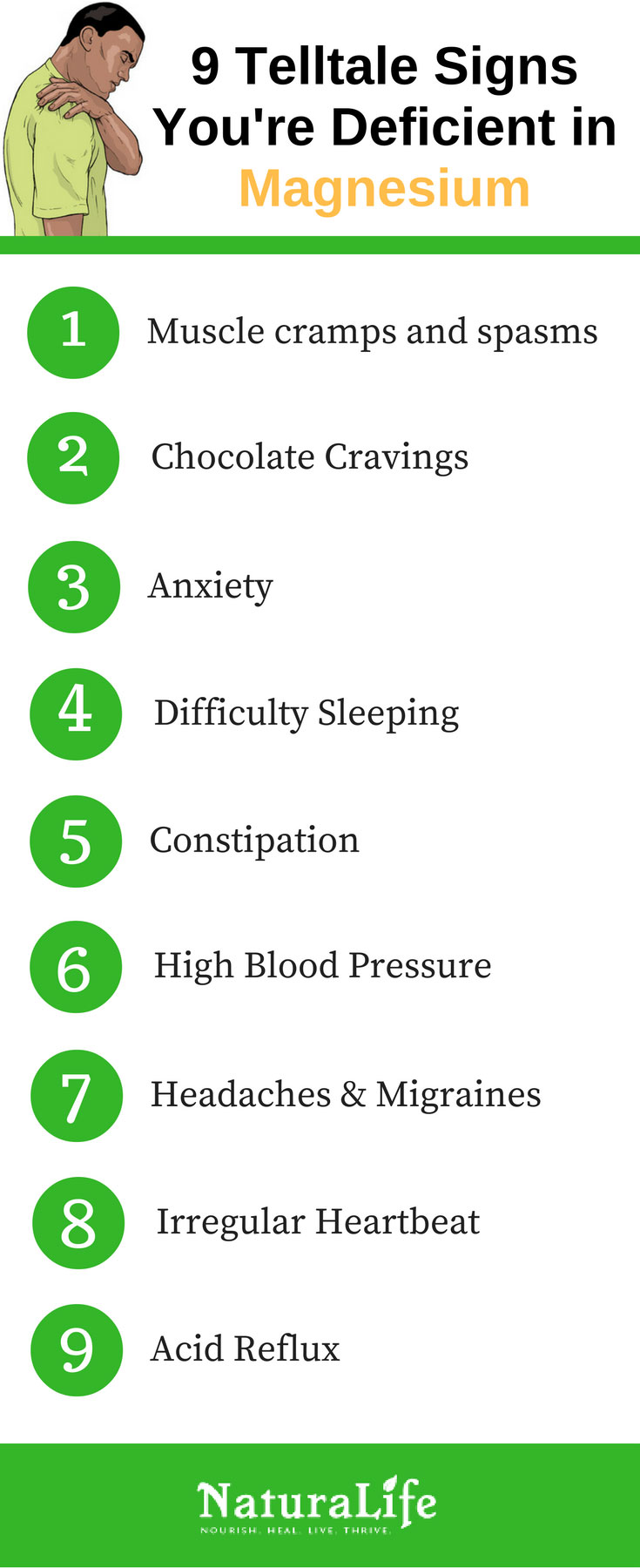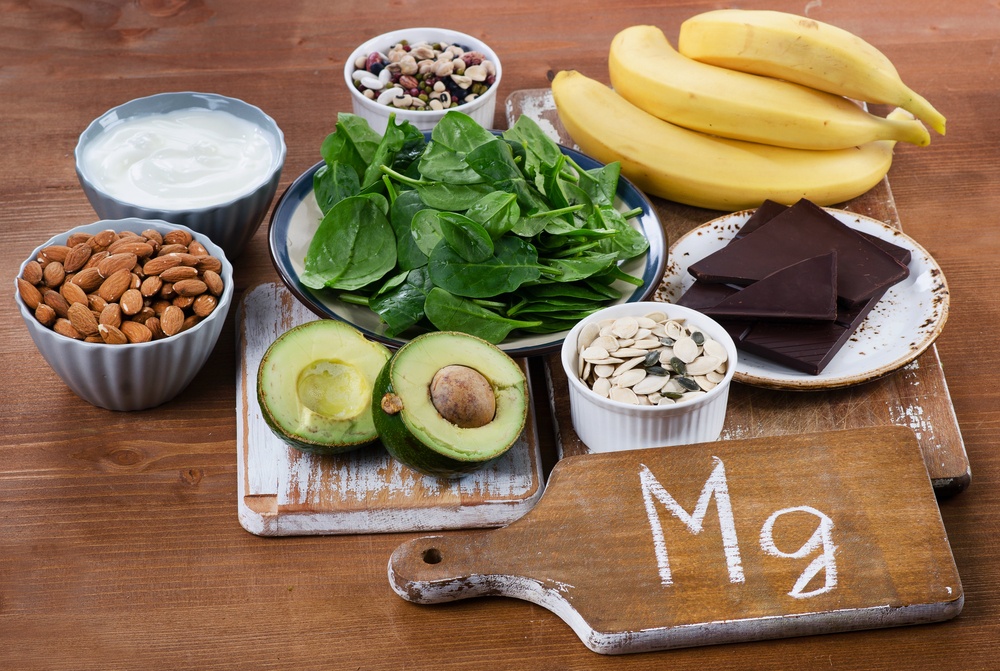Magnesium is a crucial mineral that makes up electrolytes and serves many functions of the body. Only about 25% of people get the recommended amount of magnesium each day and as a result, various side effects arise. Knowing the signs that you need more magnesium can help you to reduce depression, muscle spasms, and more.
Signs That You Need More Magnesium
1. Muscle Fatigue and Muscle Spasms
One of the most common signs that you need more magnesium is regular muscle fatigue and/or spasms. Magnesium works as an electrolyte to keep muscles loose and energized.
If your body didn’t get any magnesium, your muscles would constantly be tight and cramping. If you feel like your muscles fatigue and you can’t exert as much energy as you think you should, you may just need to increase your magnesium intake.
2. Depression and Anxiety
This one can be tricky since people can have differing reasons for depression and anxiety, but a magnesium deficiency can play a part.
Insufficient magnesium consumption can trigger problems with the nervous system and create symptoms of depression and mood/personality changes. Anxiety can also occur if you’re not getting enough magnesium.
If these problems aren’t chronic and they’re intermittent, taking magnesium supplements could solve your problem.
3. Drink Lots of Soda and/or Caffeine
Dark sodas have phosphates in them that bind to magnesium within the digestive tract, making it so that the magnesium can’t be used by the body. That means that if you’re eating well but still drinking dark soda regularly, the magnesium from your food doesn’t help your body.
Caffeine also throws off the magnesium balance in your body because, with excess caffeine, your kidneys release more magnesium. So if you’re not going to use the extra with exercise, it goes to waste.
If you’re a regular soda and/or coffee drinker, the chance of you being deficient in magnesium rises more than a person who does not.
4. Regularly Eat Added Sugar
Americans love added sugar–baked goods, candy, ice cream, etc. Unfortunately, obesity, diabetes, and cavities aren’t the only concerns associated with refined sugar.
Refined sugar
is stripped of molasses, which is the only component of sugar that would potentially provide magnesium. Added sugar gives no nutritional substance to your body and it actually causes your kidneys to eliminate magnesium.
Sugary foods not only don’t add any nutritional value to your diet, they also use up nutrients to help in the digestive process. Overall, it’s a net loss for your body and is one of the signs that you need more magnesium.
5. Don’t Eat Many Vegetables
Leafy greens and vegetables like spinach, kale, and broccoli are high in magnesium and provide other nutrients like antioxidants, too.
Vegetables should each day, about 3-5 servings. Try to have them fresh, not canned so that you get the most nutrients out of them. Vegetables can be easily steamed in a microwave and can be seasoned with herbs and spices.
If you are low on magnesium like the majority of American adults, try to take supplements that include it. Either daily vitamins or supplements like L-Arginine Plus can help you get the essential vitamins and minerals your body needs to function at its best.

Resources
http://www.ancient-minerals.com/magnesium-deficiency/need-more/
https://naturalife.org/nutrition/signs-of-a-magnesium-deficiency

